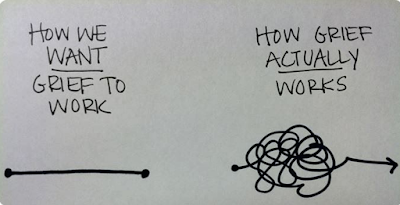Vanishing and Secret Apps: approximating ephemerality?
"You remember privacy, right? We were quite fond of it until the Internet came along. Then we started handing our personal data to anybody who promised us free e-mail service."
Bray highlights apps like Wickr, SnapChat and Telegram, where ostensibly, the content of your conversations is deleted and erased. Like a real time conversation, it is ephemeral.
Meanwhile, over at the Wall Street Journal, the spotlight is on apps that allow users to anonymously tell their secrets -- at least without the obvious identity trackers like accounts and usernames and with a cursory willingness of the companies to protect your data. When you use Ask.fm, Secret and Whisper, your information is at least superficially anonymous. The popularity of this particular combination of apps -- this pairing of communication opportunities -- is striking.

On the other hand, this wanting secrets to be secret thing is compelling --- the urge to disclose, the desire to confess, the propensity that somehow combines a pressing need for anonymity with the looming sense that something just isn't real until we've seen it appear on the screen. It is as if everyone is publishing excerpts from diaries and journals online.
I am not, (although I probably should be,) primarily interested in how this will affect historians of the future. They will struggle along just fine without me and my incomplete and decontextualized two cents. What interests me is, well, how it affects me as someone who relies on personal accounts and narration in my own research about cultural memory.
For the moment, I am seeing this as an interesting and perhaps potentially promising sign -- that individuals are becoming more aware of what is attributed to them online and more wary about making the casual aside, the passing thought, the offhand comment permanent. So when it comes time to put it on the record, that in itself may become meaningful again, and meaningful in a whole new way.










Comments
Post a Comment